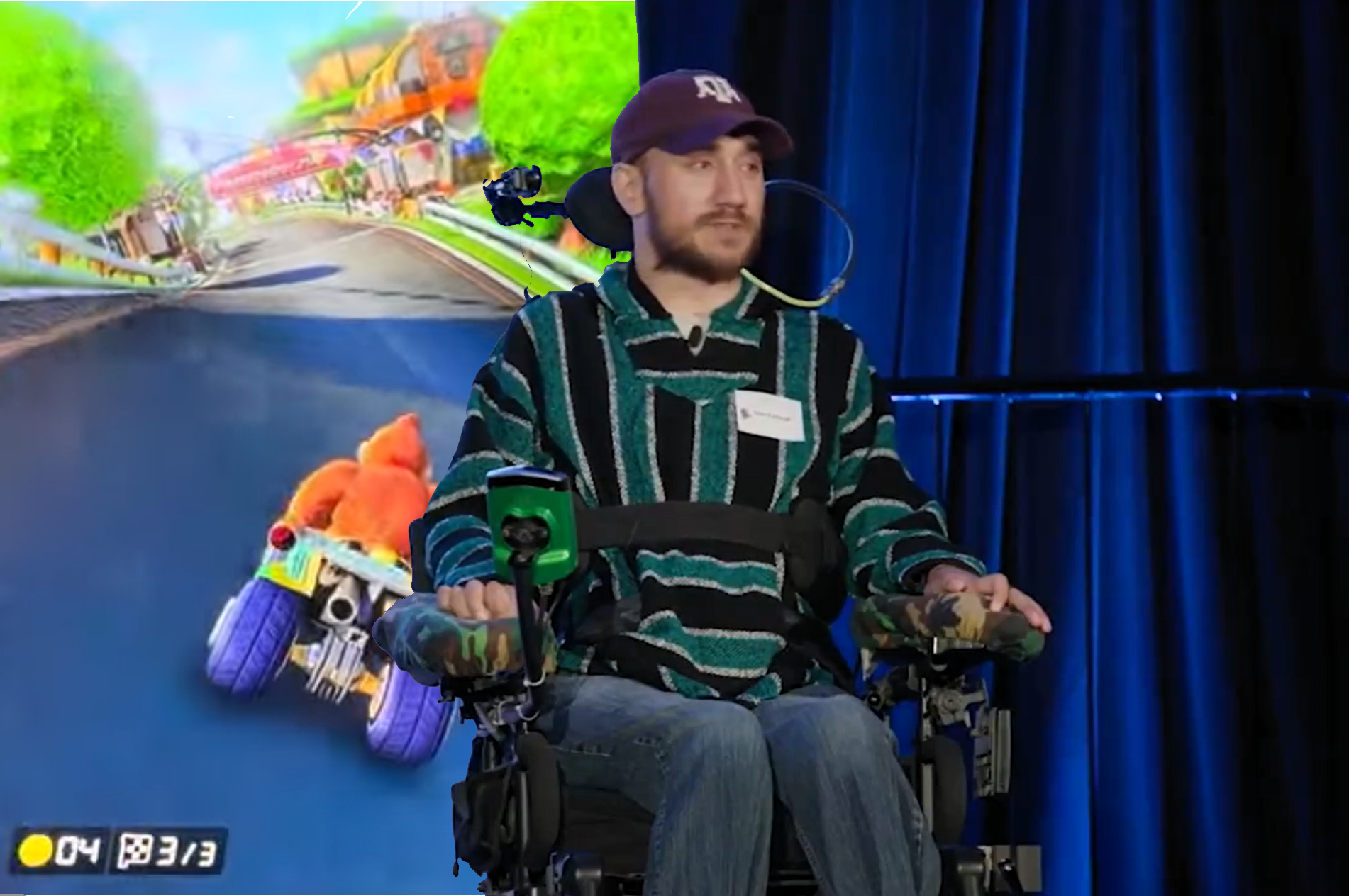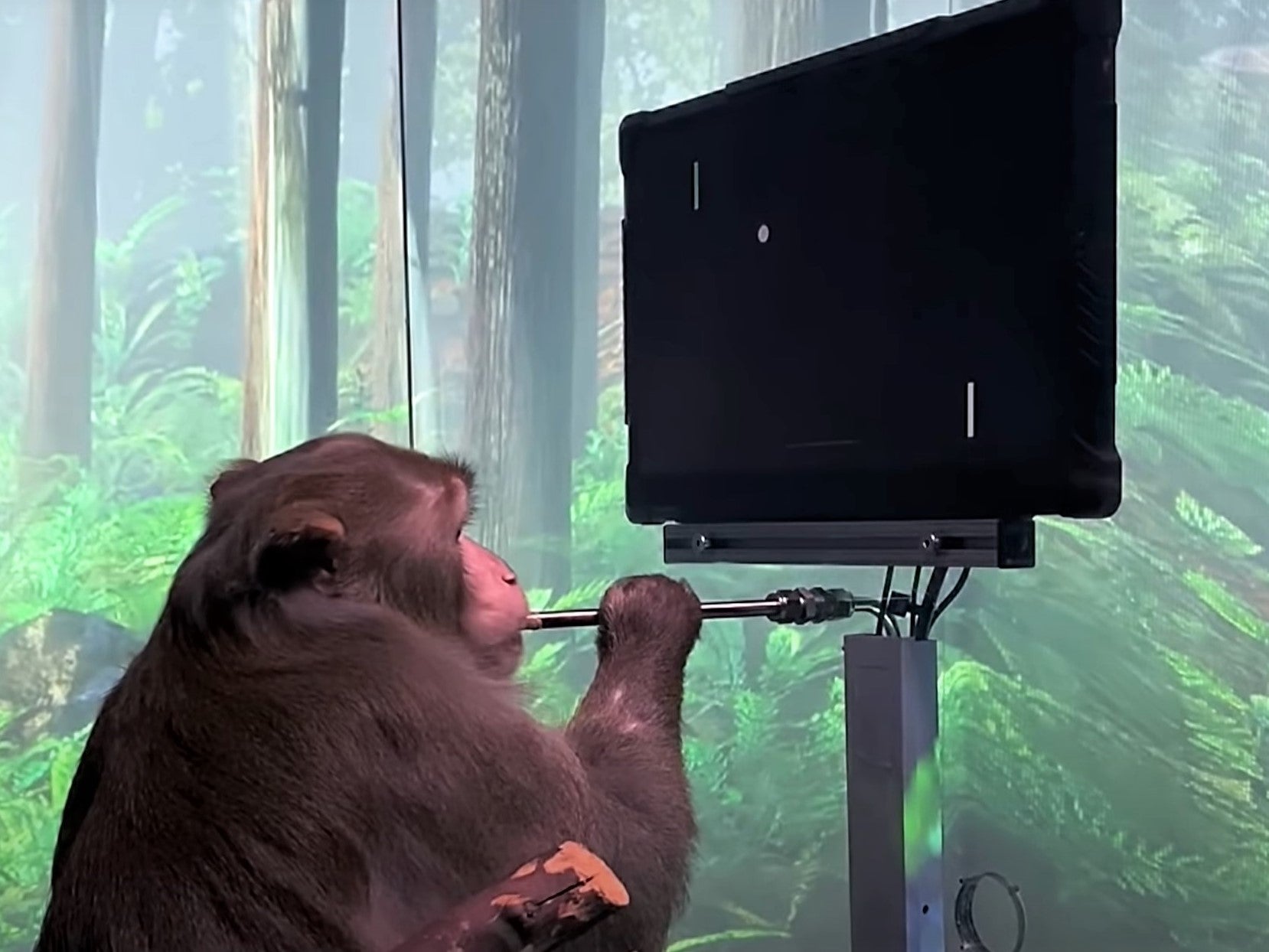Elon Musk’s Neuralink implants second patient with brain chip
Chip designed to give paralysed people ability to control devices just by thinking
Elon Musk’s Neuralink has implanted a second trial patient with its brain chip, a device designed to give paralysed people the ability to control devices through thought alone.
The chip records brain activity via 1,024 electrodes distributed across 64 flexible leads or “threads”, each thinner than the width of a human hair.
Mr Musk said that the second trial implant in a patient paralysed in a diving accident appeared to have been successful.
“I don’t want to jinx it but it seems to have gone extremely well with the second implant,” the SpaceX chief claimed on Lex Fridman’s podcast. “There’s a lot of signal, a lot of electrodes. It’s working very well.”
Mr Musk also said the first patient implanted with the Neuralink chip, Noland Arbaugh, 29, a quadriplegic paralysed after a diving accident, can play online video games like Mario Kart and Civilization VI.
“Progress is good and the patient seems to have made a full recovery, with no ill effects that we are aware of. Patient is able to move a mouse around the screen by just thinking,” he said.
Mr Arbaugh said after receiving the implant that it has helped him “reconnect with the world, my friends, and my family”.
“It has given me the ability to do things on my own again without needing my family at all hours of the day and night.”

A few days later, however, some of the 64 threads implanted into Mr Arbaugh’s brain got disconnected, leading the company to consider removing the chip.
Neuralink says only around 15 per cent of the chip’s channels are now in use, though the patient can still use it to watch videos, read and conduct other tasks.
Mr Musk said he envisions human beings mitigating the “risk” of AI with Neuralink’s implants by creating “a closer symbiosis between human intelligence and digital intelligence”, adding that the idea “is to give people superpowers”.
Neuralink hopes to make changes to the chip’s design to mitigate problems found in the past, Mr Musk said. These include ways to prevent the device’s electrodes retracting from brain tissue and inserting the threads more accurately into the brain’s folds.
The company has been criticised in the past for how it has treated study animals.

Animal rights groups, such as the Physicians Committee for Responsible Medicine, claimed last year that Neuralink took “inadequate care” of its research monkeys, which it said were euthanised after suffering complications like “bloody diarrhoea, partial paralysis, and cerebral edema”.
Mr Musk said last week that the company is trying to take good care of the animals it uses for research.
“We really do everything we can to maximise the welfare of the animals,” Mr Musk said.
Join our commenting forum
Join thought-provoking conversations, follow other Independent readers and see their replies
Comments
Bookmark popover
Removed from bookmarks